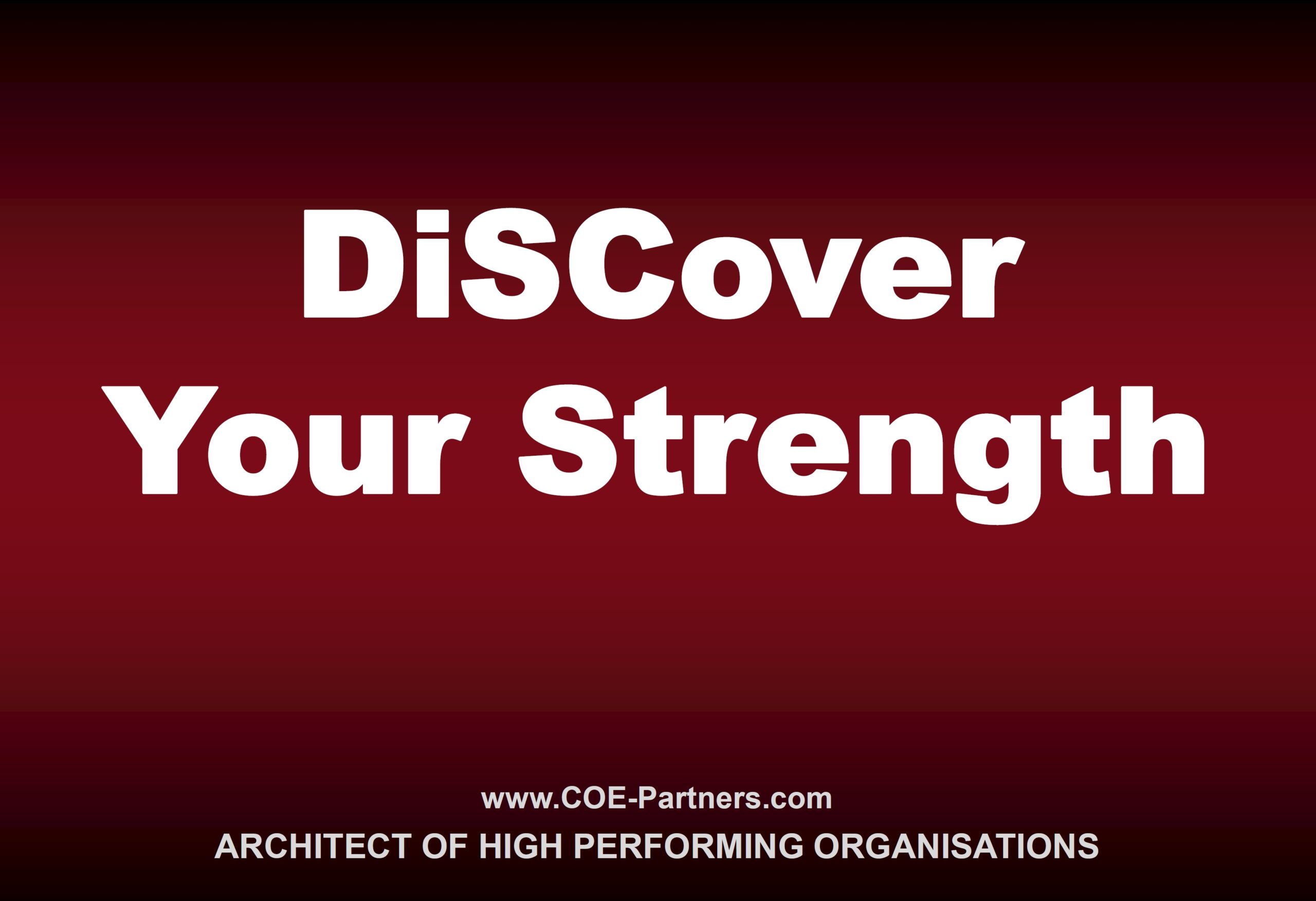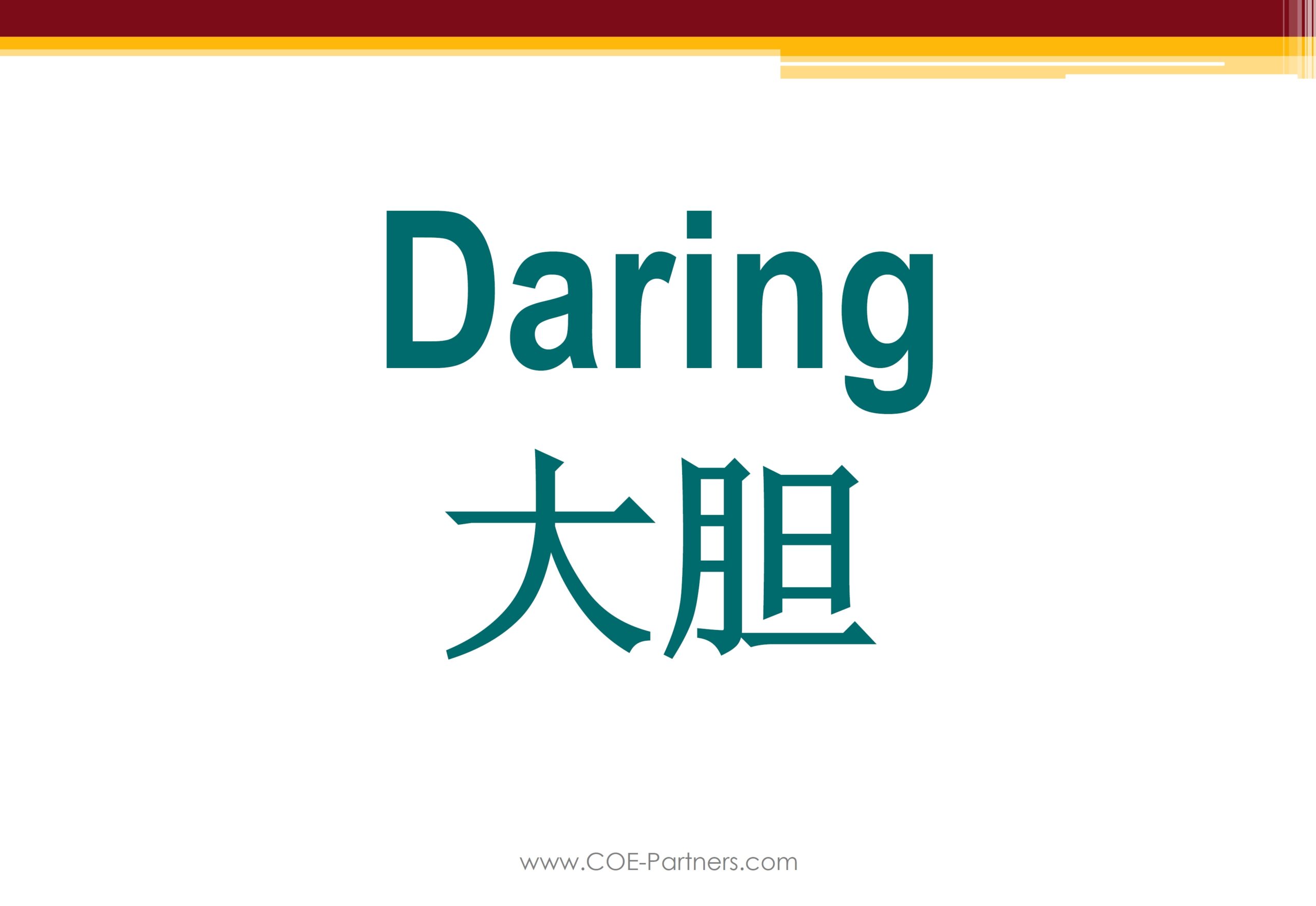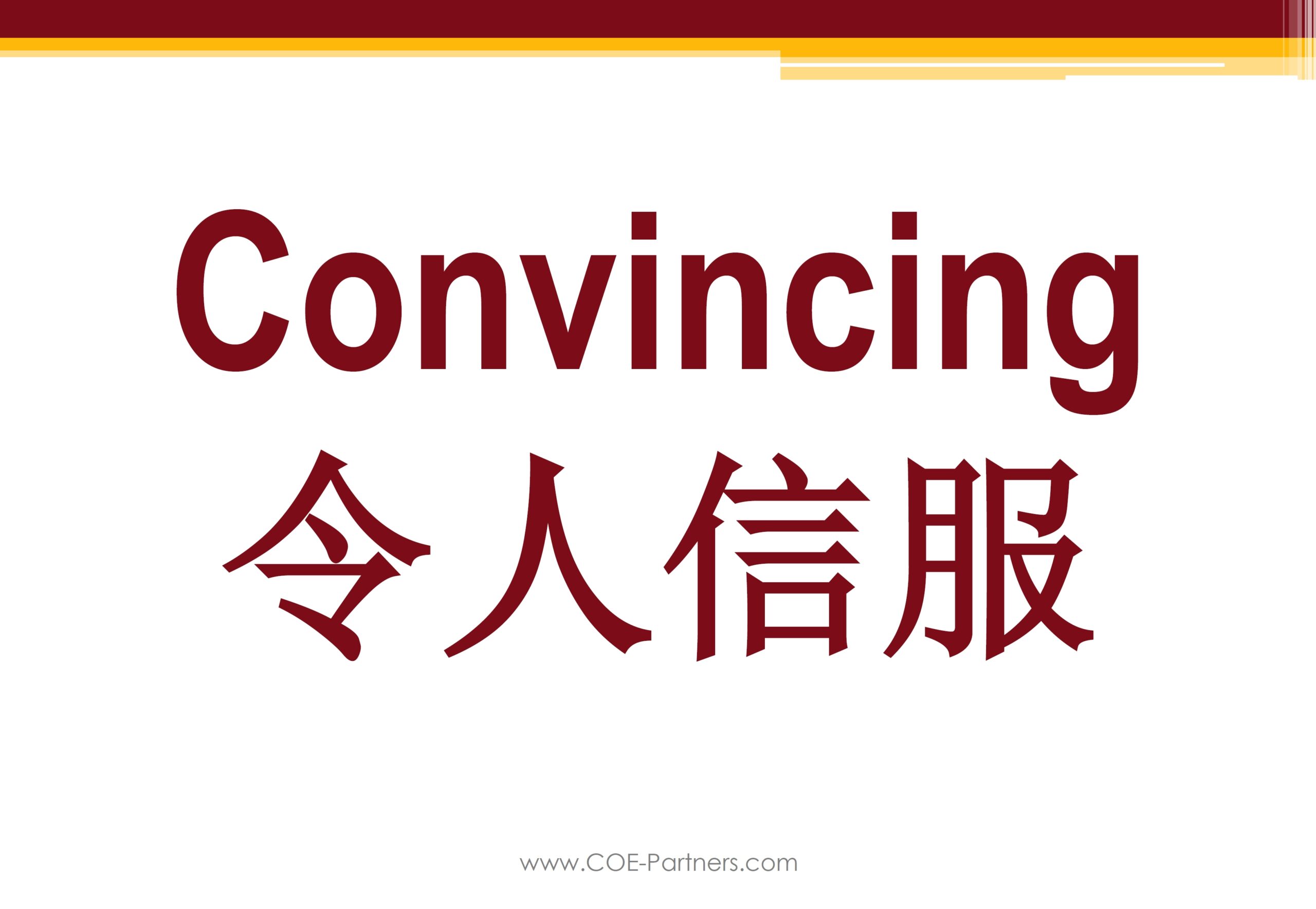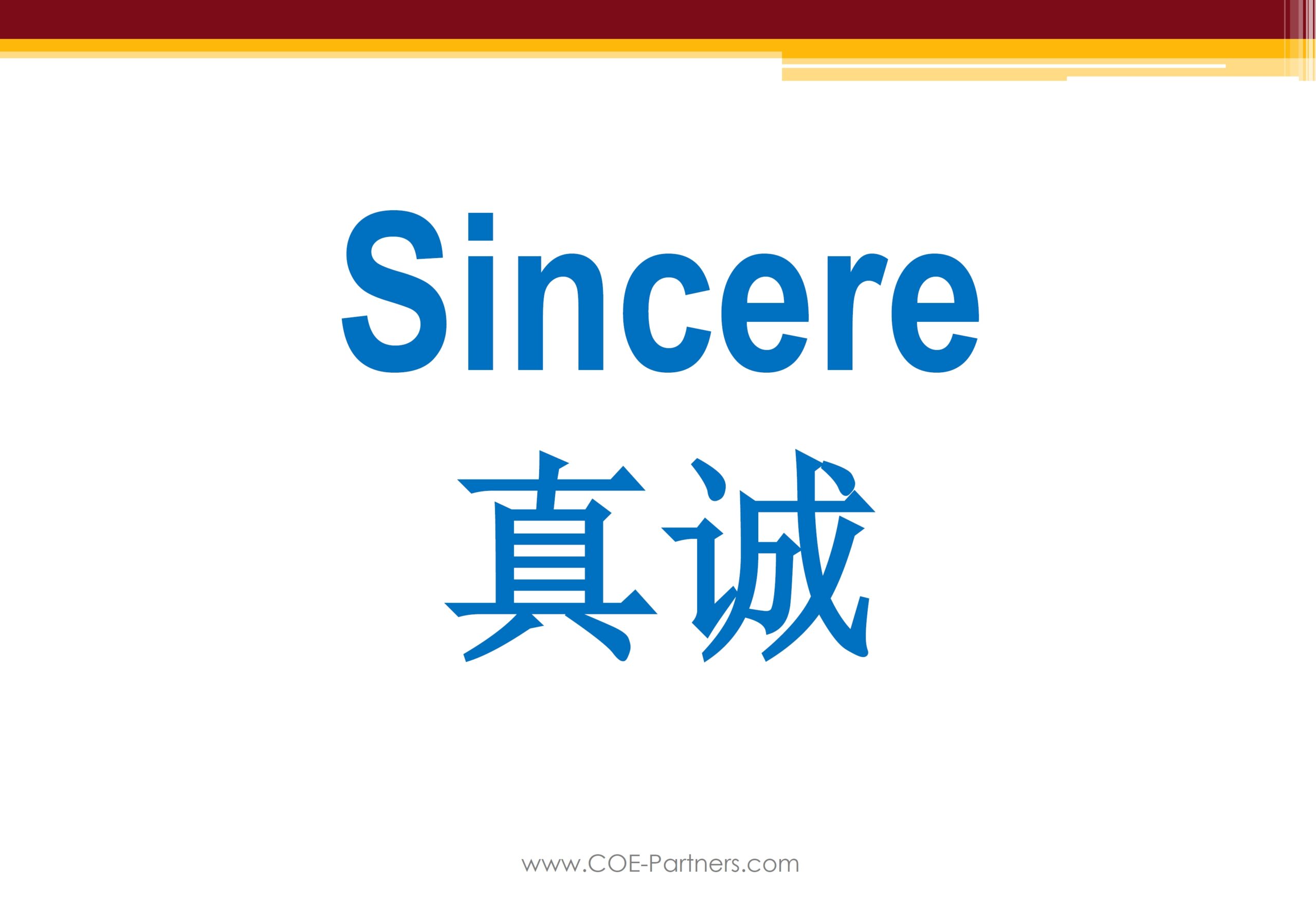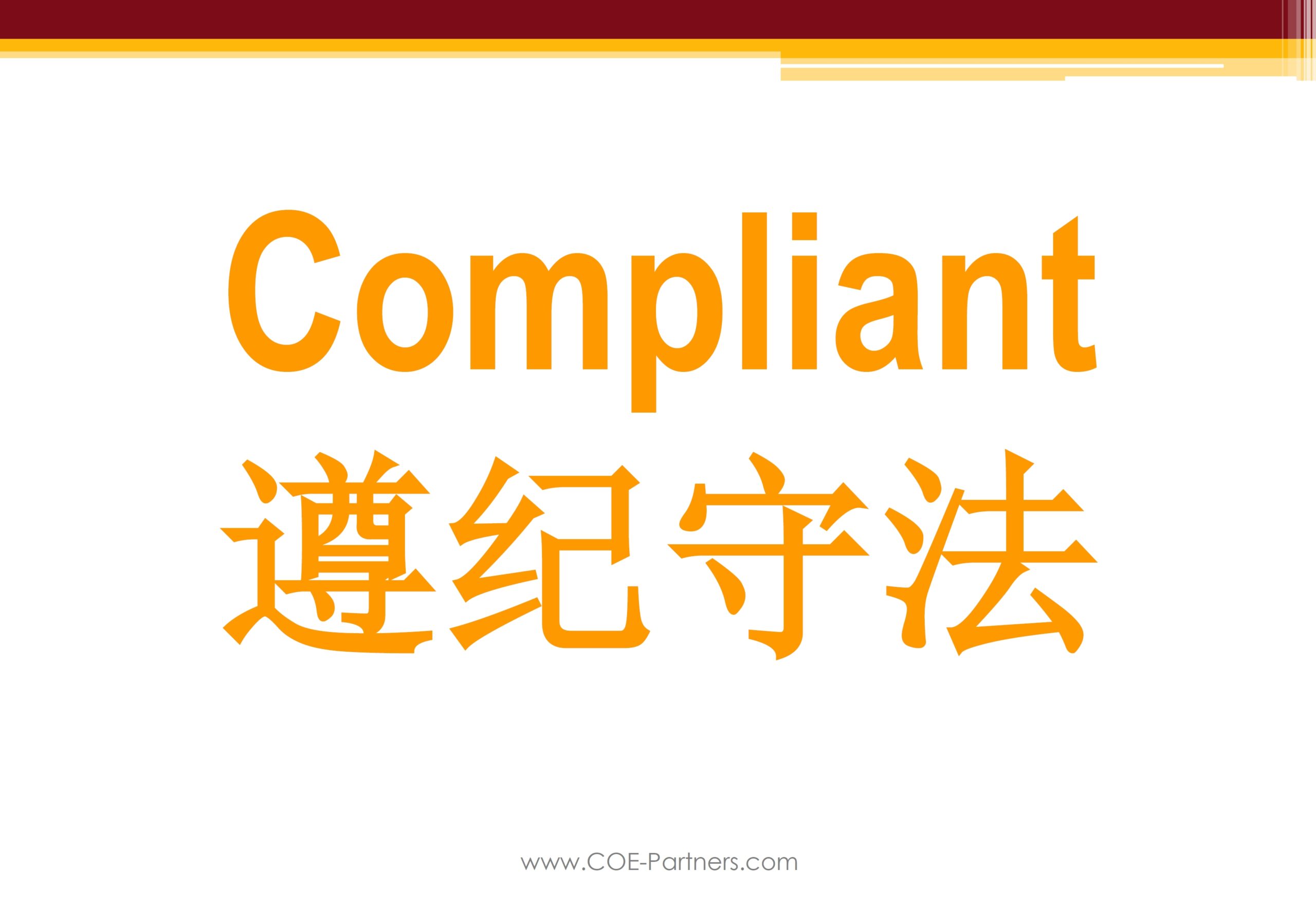Our Company Has No Heart
Based on a Real Case Relating to Company Culture
“We have a problem. Our staff turnover is quite high; our people make many mistakes and do not take any initiative. Moreover it seems to be impossible to hire an HR director who can survive longer than 4 months,” said the frustrated CEO of a service management company with staff strength of about one hundred.
In addition, there were many rumours about nearly everything in the organisation – a sign for a harmful company culture.
Analysing the Root Causes
Understanding Building Blocks of Company Culture
A series of focus group interviews involving about 30 members of senior, middle management and staff level had revealed a dramatic lack of information flow and communication – as a breeding ground for rumours.
Our Company Has No Heart
Someone mentioned that he had spent days in his cubicle without talking to anyone. Management members stressed the fact that they do not want to delegate, they rather do the jobs themselves. The most remarkable comment came from a member of the middle management “Our Company has no heart“.
To identify potential drivers for this situation, a DiSC profile was gathered from all focus group members.
Surprisingly, the DiSC profiles highlighted an imbalance amongst the interviewees: most of them turned out to be high “C” (conscientious) in their behavioural style, either as main profile or as secondary. A few “D” (dominant) and “S” (steady) people were found and – only one “i” (influential). An unbalanced company culture.
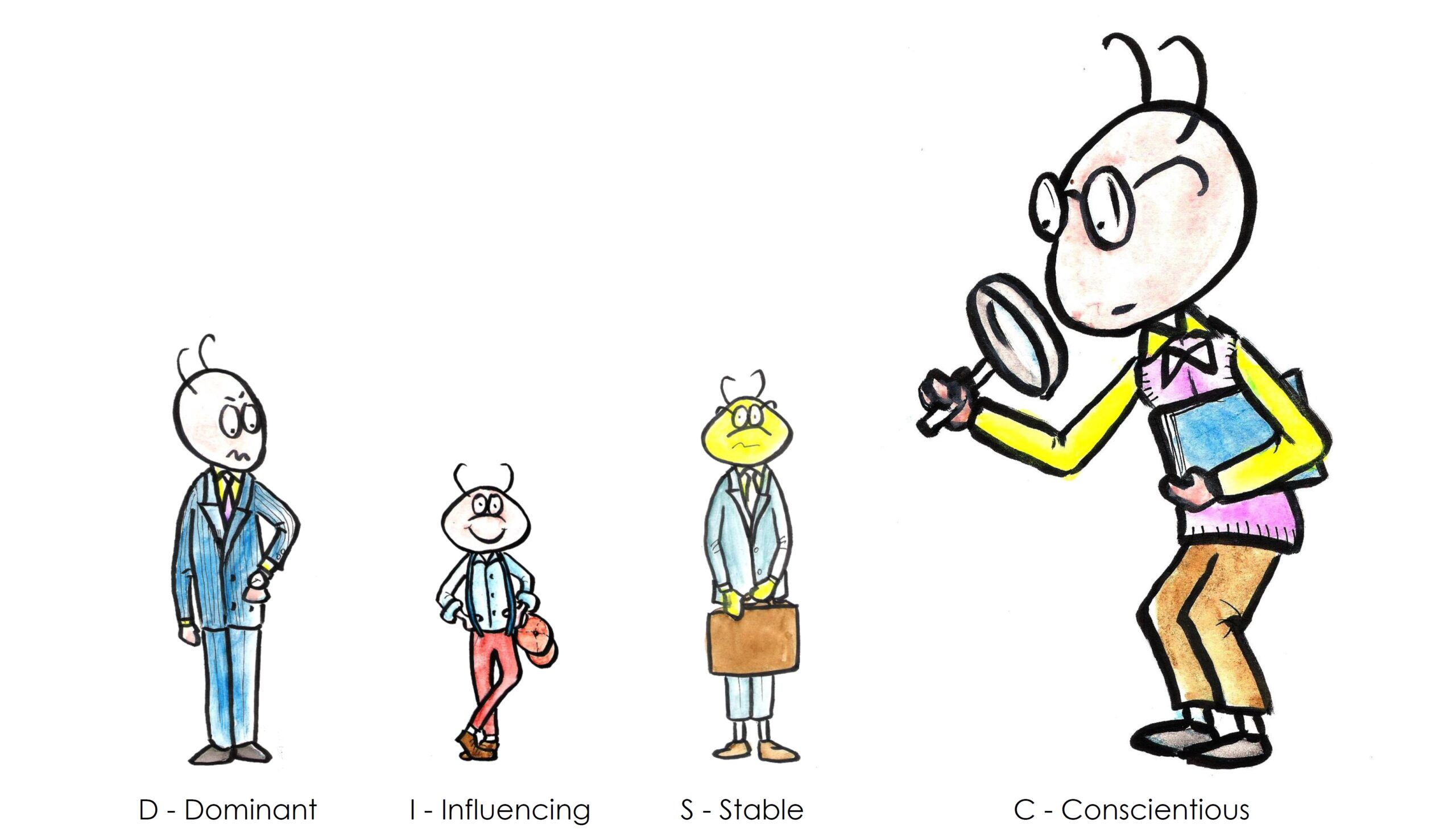
The Insights – The “Ah Ha”
Clustering these profiles by functional area brought another interesting insight: some managers – consciously or unconsciously – tend to hire staff similar to themselves – probably in order to avoid communication problems with them. This brought the company culture even more out of balance.
As a result of the high “C” organisation, communication is limited to facts and figures, people issues are not important and small talk is not necessary. The so-called informal communication in the pantry is not happening – because of the “no-nonsense” mindset of most of the management and staff members.
The most likely reason for the short survival period of HR directors seemed to lie in the profile, too. HR directors are typically not too high in C, often they are “i”. Therefore, the CEO of the company had problems with the HR directors: “They are too chatty, going around talking to people all the time.”
The latest HR director gave up since she could not change the culture. Even the lack of involvement and delegation, hence staff development can be understood looking at the behaviour of a high “C” organisation.
After receiving this sobering report, a comprehensive plan for organisational development was crafted and is being implemented. An unbalanced company culture.
Conclusion
In order to deliver high performance an organisation needs, besides many other ingredients, a balanced company culture, i.e., a set of shared attitudes, values and behaviours. Especially behaviours can drive or deter an organisation’s progress by irritating own employees and even impacting customers.
Our Discovery Workshop helps creating awareness for ones preferences and limitations and ones role in an organisational setting. Knowing the profile of other individuals and of an organisation is a great advantage when shaping organisational structure, communication style or even job scope.
And, remember: hiring staff who mirrors yourself makes you feel comfortable but does not help complementing your limitations.


